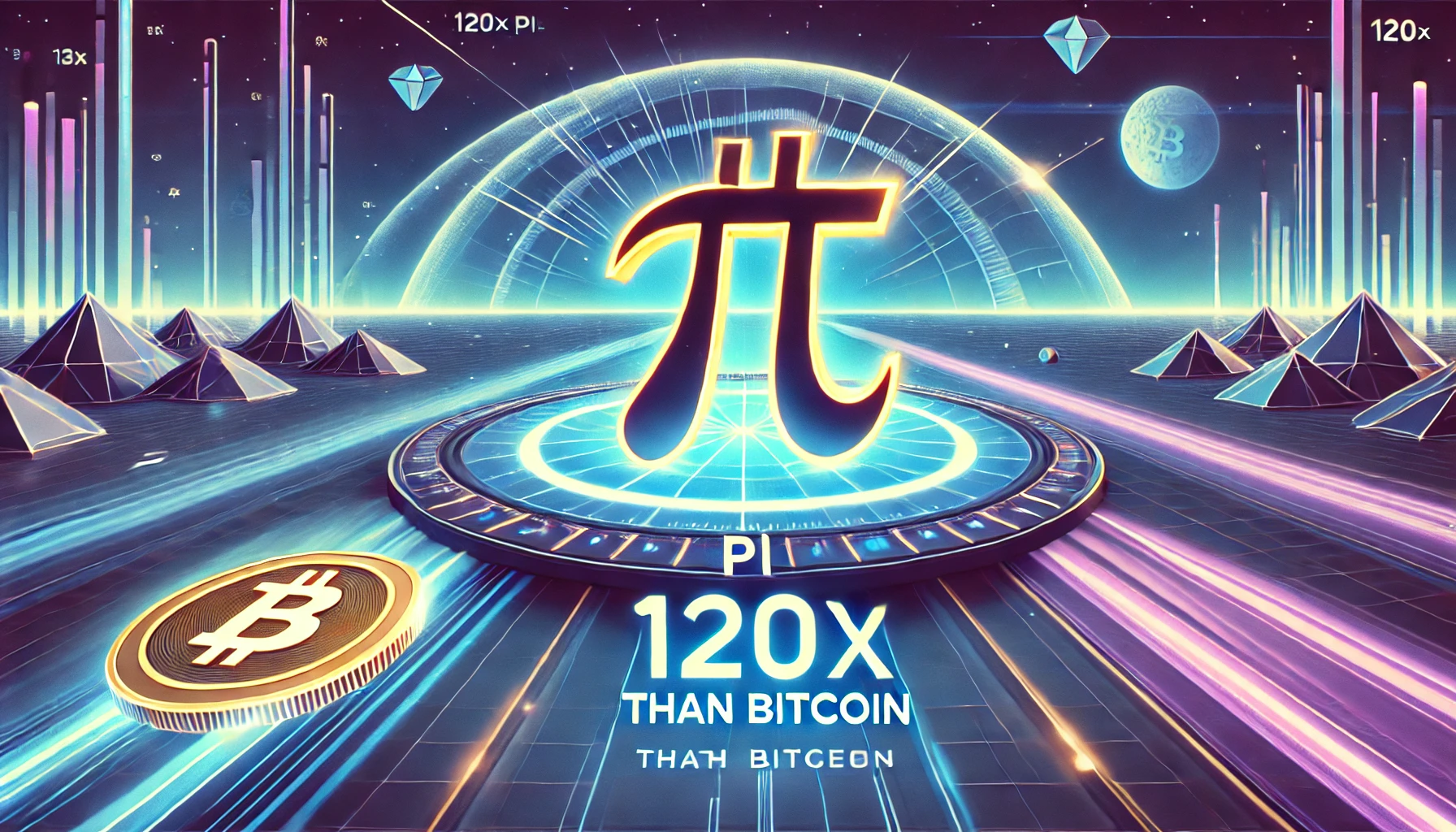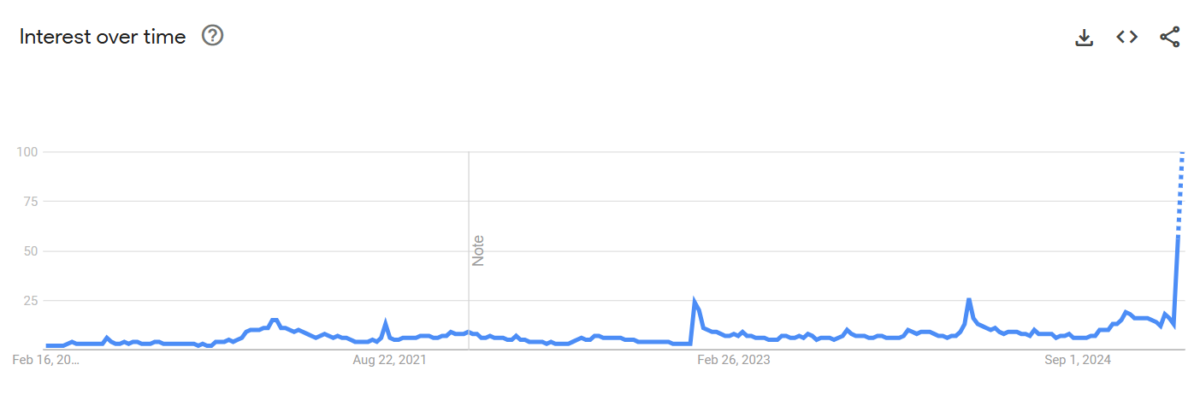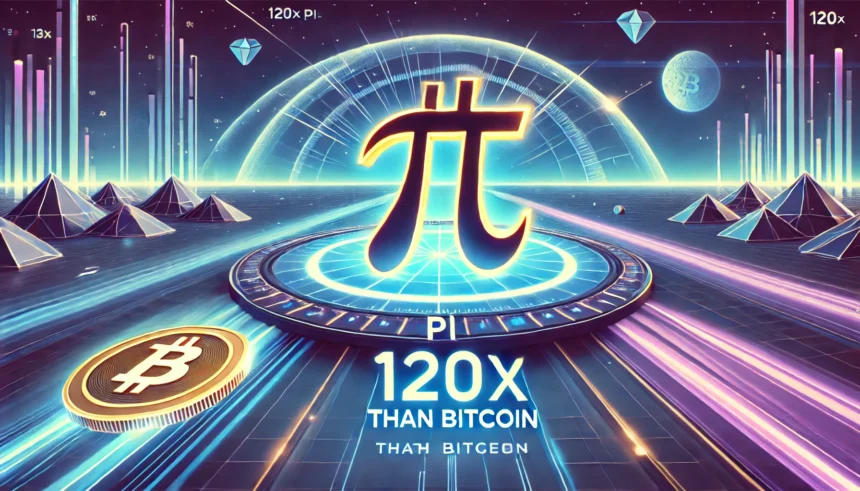
- Pi Network’s five-second block time makes it 120 times faster than Bitcoin, fueling excitement ahead of its Open Network launch.
- With 110 million total downloads and peak search interest, Pi Network’s popularity is surging despite listing and regulatory uncertainties.
Pi Network is gaining significant attention, with its pioneers highlighting a transaction speed that leaves Bitcoin trailing far behind. With a block time of just five seconds, Pi Network outpaces Bitcoin’s ten-minute block time by an astonishing 120 times, making it one of the fastest-growing blockchain projects in discussion today.
As the Open Network launch approaches on Thursday, February 20, excitement continues to build. Pi Network proponents claim that the transition will further boost transaction capacity, positioning it as a game-changer in digital finance. Dr. Picoin, a key pioneer, emphasized the speed factor, saying:
Currently, Pi Network takes around 5 seconds per block (as shown by the timestamps in the image), while Bitcoin takes approximately 10 minutes per block. Based on block time, Pi Network is roughly 120 times faster than Bitcoin.
Pi Network is not just about speed. The app has been witnessing an explosive surge in downloads, reaching a staggering 110 million total installations. The project continues to attract new users at an average daily rate of 110,000 downloads, with a single-day peak of 540,000 downloads on February 17 alone.
Crypto advocate Jatin Gupta echoed Dr. Picoin’s enthusiasm, stating that search interest in Pi Network has hit an all-time high, reinforcing its growing presence in the blockchain space. According to Google Trends, the search score for “Pi Network” soared to 100 this week, up from a previous high of 26 in March 2024.

Not the Fastest Blockchain, But Faster Than Bitcoin
Despite Pi Network’s undeniable speed advantage over Bitcoin, critics argue that other blockchain networks still outperform it. Some have pointed to Solana, Avalanche, Algorand, and EOS as examples of even faster blockchains.
A blockchain analyst noted that Solana processes transactions at just 0.4 seconds per block, while Avalanche finalizes transactions in under a second under optimal conditions. Algorand’s protocol achieves finality in approximately 3.3 seconds, and EOS boasts a block production time of just 0.5 seconds.
These comparisons suggest that while Pi Network is faster than Bitcoin, it is far from being the quickest blockchain solution available. This has sparked debates within the crypto community over whether Pi Network’s speed alone will be enough to sustain long-term adoption.
Pi Network Surpasses Ethereum & BNB Chain on X
Even as Pi Network rides a wave of popularity, its coin’s listing on major exchanges remains uncertain as Bybit recently rejected Pi’s listing. The project has faced regulatory scrutiny, with analysts warning that OKX may face challenges listing Pi Coin due to concerns about compliance and transparency.
Meanwhile, Binance has taken a community-driven approach, allowing users to vote on whether Pi Network should be listed on its platform.
Adding another layer of intrigue, Pi Network has recently surpassed Ethereum (ETH) in follower count on social media platform X (formerly Twitter), overtaking BNB Chain as well. Crypto analyst Kim H Wong acknowledged this growth, stating:
Pi Network is racing to the top in X followers among top cryptos excluding meme coins.
Despite the controversy, Pi Network’s pioneers remain confident in their project’s potential. As its Open Network launch approaches, the team is actively dispelling fear, uncertainty, and doubt (FUD) while pushing for mainstream adoption.






